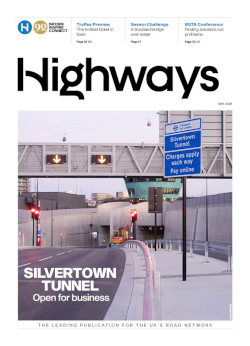The "Chinese Google", Baidu has announced it is offering its complete software platform for automotive industry partners to develop their own autonomous driving systems.
Nasdaq's Marketwired website reports that, by opening up its robust, mature, and secure autonomous driving technology to the industry, Baidu aims to build a "collaborative ecosystem", utilising itsartificial intelligence (AI) technology to work together with other companies to promote the development and popularisation of autonomous driving technology.
"AI has great potential to drive social development, and one of AI's biggest opportunities is intelligent vehicles," said Qi Lu, Group President and Chief Operating Officer at Baidu.
The name "Apollo" was borrowed from the Apollo lunar landing program which is described as "a ground-breaking project that brought together multiple forces for the benefit of society". Baidu says it believes autonomous driving is similar in terms of its potential to transform the world.
The "Apollo" project provides a complete hardware and software service solution that includes a vehicle platform, hardware platform, software platform and cloud data services. Baidu will open source code and capabilities in obstacle perception, trajectory planning, vehicle control, vehicle operating systems and other functions, as well as a complete set of testing tools.
The company says it will also initiate a partnership alliance, working with partners who will provide the best and most compatible vehicles, sensors, and other components, to achieve broad participation and collaboration and to provide references and recommendations to participants of a rapidly expanding ecosystem enabled by Project Apollo. This will lower the barriers to entry for research and development of autonomous driving technologies, making it more accessible to the general public, and accelerate the overall pace of innovation.
Baidu will first open its autonomous driving technology for restricted environment in July; it will then share its technology for cars running autonomously in simple urban road conditions towards the end of the year; and, finally, it will gradually introduce fully autonomous driving capabilities on highways and open city roads over time by 2020.
Commentators describe the move as similar to Google releasing Android, the free operating system for smartphones.





